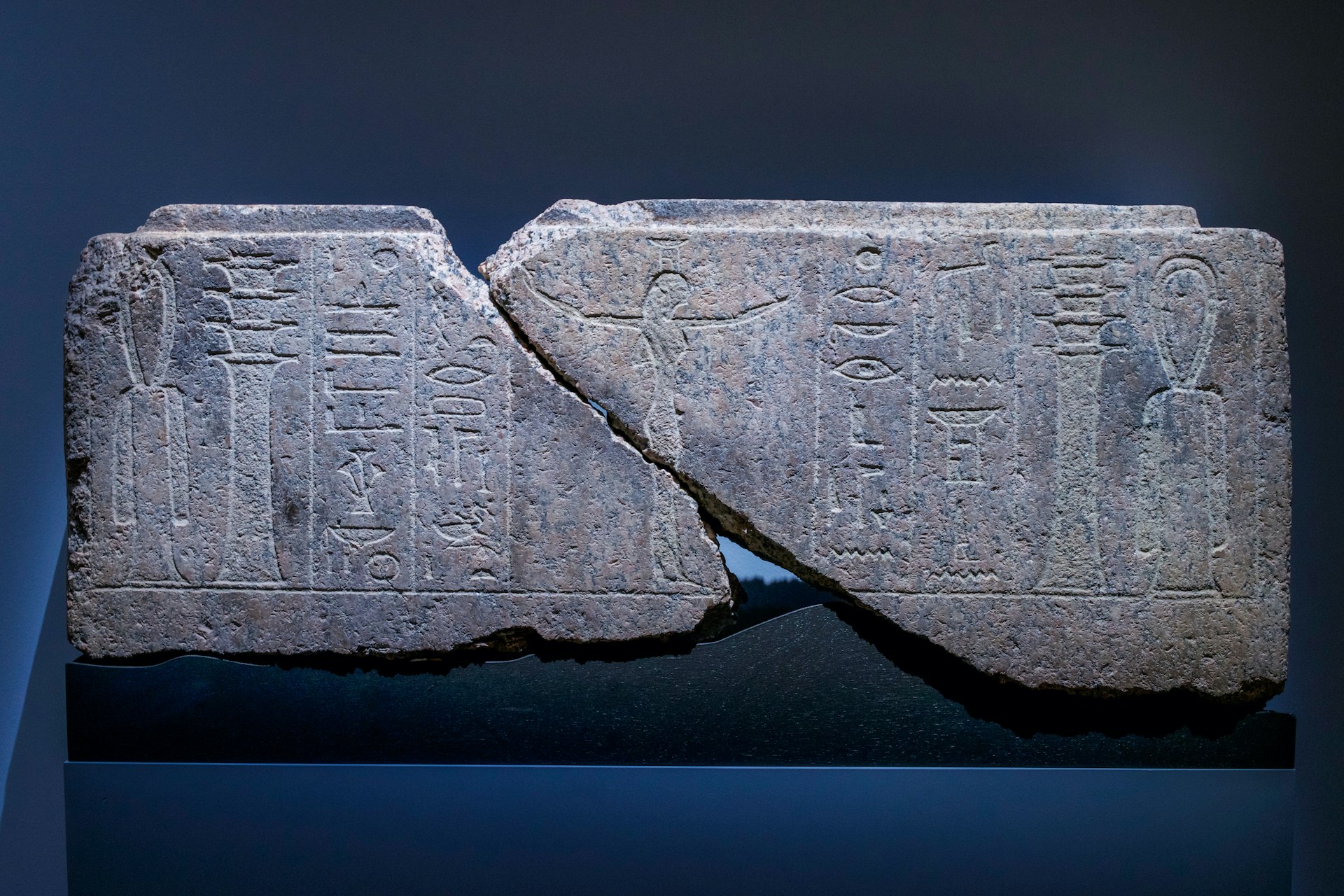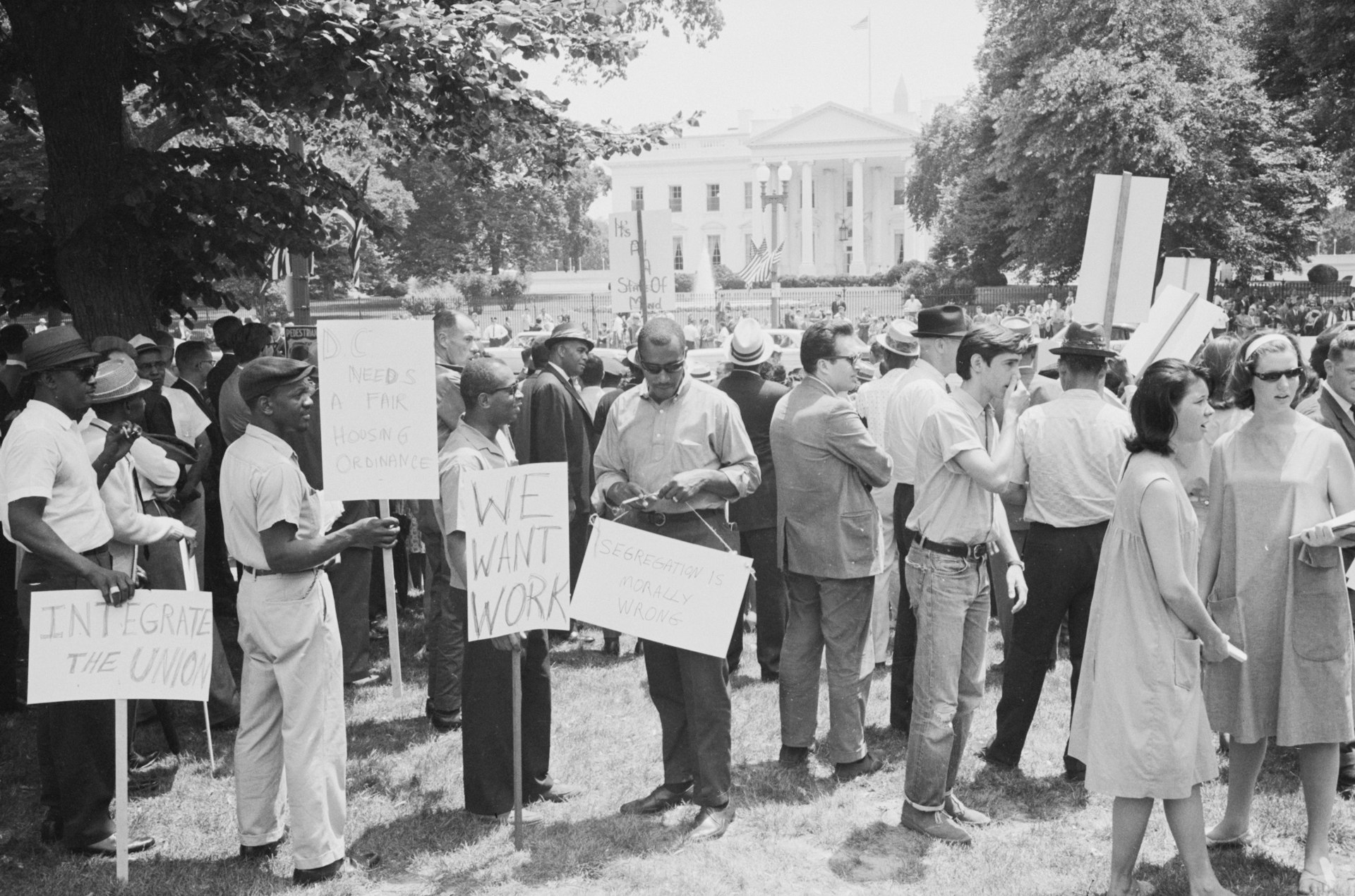Rediscovering Unsung Minds: Forgotten Philosophers of the Islamic Golden Age

Photo by George Kourounis on Unsplash
Introduction: The Overlooked Architects of Thought
The Islamic Golden Age, spanning roughly from the 8th to the 13th century CE, was a period marked by remarkable intellectual and cultural achievements across the Middle East and beyond. While names like Avicenna and Averroes are sometimes recognized in academic circles, many equally influential philosophers remain underappreciated by the general public. Their works were foundational in mathematics, medicine, logic, metaphysics, and ethics, and their legacy shaped both Islamic and Western intellectual traditions. This article illuminates several key but often forgotten philosophers of the Islamic Golden Age, explains their contributions, and provides actionable guidance for those wishing to engage with their wisdom in contemporary contexts.
For readers seeking further study or professional engagement, this guide offers practical strategies for accessing resources, academic programs, and expert communities dedicated to Islamic philosophy.
AbÅ« Bakr Muhammad ibn ZakariyyÄ al-RÄzÄ«: Medicine and Rational Inquiry
Al-RÄzÄ« (854-925 CE), also known as Rhazes in Latin, was a Persian polymath whose influence extended across medicine, chemistry, and philosophy. He authored hundreds of books, including the landmark ‘Kitab al-Hawi’, a medical encyclopedia that shaped European medicine for centuries. Al-RÄzÄ« emphasized rational inquiry and skepticism, advocating for empirical observation and scientific method-a precursor to modern evidence-based science.
His philosophical writings explored metaphysics, ethics, and epistemology, often challenging established dogma and promoting free thought. For those seeking to study his works, academic libraries with manuscript collections, such as the British Library or the Bibliothèque nationale de France, offer access to key texts and commentaries. Connecting with university departments of Middle Eastern studies or history of science can provide further guidance for in-depth research. [1]
Yahya ibn Adi: Bridging Cultures and Defending Reason
Yahya ibn Adi (893-974 CE), a Christian philosopher based in Tikrit, Iraq, became renowned for his translations of Greek philosophical works into Arabic. His efforts facilitated cross-cultural intellectual exchange and enriched Islamic philosophical discourse. Ibn Adi used his philosophical expertise to defend Christian theology within an Islamic context, offering reasoned arguments grounded in classical logic.
Today, scholars interested in interfaith dialogue or comparative philosophy may find Ibn Adi’s legacy particularly relevant. To access reliable translations and academic commentary, consider searching university presses or specialized journals in religious studies. Many digital archives, such as JSTOR or Project MUSE, host peer-reviewed articles on his work. [1]
Sohrevardi: Illuminationism and Mystical Metaphysics
Shihab al-Din Sohrevardi (1154-1191 CE), founder of the School of Illuminationism, blended Platonic thought with Islamic mysticism. His metaphysics revolved around the concept of ‘Light of the Lights’, positing that all existence emanates from a divine source. Sohrevardi’s writings influenced later Sufi thought and philosophical mysticism.
For those pursuing spiritual development or comparative mysticism, Sohrevardi’s works offer deep insights. Access to English translations may be limited; however, academic institutions such as Harvard or Oxford have published critical editions and monographs on Sohrevardi. Attending conferences on Islamic philosophy or joining online communities like the American Philosophical Association’s Islamic Philosophy group can be effective pathways to deeper engagement. [1]
Fakhr al-Din al-Razi: Cosmology and Critical Commentary
Fakhr al-Din al-Razi (1149-1209 CE) was a polymath whose works in theology, logic, and medicine were widely influential. His ‘Tafsir al-Kabeer’, a monumental commentary on the Qur’an, remains a reference for religious scholars. Al-Razi proposed multiple cosmological models, including a multiverse concept centuries before its resurgence in modern physics.
Students and researchers can access al-Razi’s commentaries through major Islamic studies libraries, and many universities offer advanced courses on Islamic theology and philosophy. For practical engagement, consider reaching out to faculty members specializing in Qur’anic exegesis or historical cosmology. [1]
Kâtip Çelebi: Encyclopedic Knowledge and Social Change
Kâtip Çelebi (1609-1657 CE), though slightly post-dating the traditional Golden Age, compiled one of the largest bibliographic encyclopedias of his time, with over 14,500 entries. His works addressed Islamic law, ethics, history, and geography, serving as a primary source for understanding social and intellectual change in the Ottoman Empire.
For modern scholars or professionals interested in bibliography, Çelebi’s encyclopedic approach provides a model for organizing and disseminating information. National archives and university libraries in Turkey and Europe house many of his manuscripts. You can engage with Çelebi’s legacy by attending public lectures at institutions like the Turkish Historical Society. [1]
Alternative Pathways and Step-by-Step Guidance
Engaging with the works of forgotten Islamic philosophers requires a multi-pronged approach, as primary sources and trustworthy translations can be challenging to locate. Here are actionable steps for individuals, students, and professionals:
- Identify Your Area of Interest: Decide whether you’re most drawn to philosophy of science, metaphysics, ethics, logic, or cross-cultural dialogue. This will help narrow your search for resources and experts.
- Search Academic Databases: Use platforms like JSTOR, Project MUSE, or Google Scholar with search terms such as “Islamic Golden Age philosophers”, “Sohrevardi Illuminationism”, or “al-Razi medical texts”. Many universities offer guest access to these resources.
- Contact University Departments: Email or call departments of Middle Eastern Studies or Philosophy at major universities. Faculty can advise on available courses, lectures, or reading groups focused on Islamic philosophy.
- Attend Professional Conferences: Look for events hosted by organizations like the Middle East Studies Association (MESA) or the American Philosophical Association. These gatherings often feature panels on overlooked philosophers and provide networking opportunities.
- Utilize National Libraries: Visit or consult national libraries (e.g., Library of Congress, British Library, Turkish Historical Society) for original manuscripts and rare translations. Many have online catalogs and digitized collections.
- Join Online Communities: Participate in online forums or social media groups dedicated to Islamic philosophy. These communities share resources, discuss recent scholarship, and facilitate mentorship opportunities.
Challenges and Solutions
Challenge: Limited access to reliable translations.
Solution: Seek out academic publishers and university presses. If English editions are unavailable, consider collaborating with graduate students or scholars specializing in translation studies.
Challenge: Overcoming cultural and linguistic barriers.
Solution: Take introductory courses in Arabic or Persian, or use language-learning platforms. Many universities offer short-term immersion programs for beginners.
Challenge: Locating interdisciplinary expertise.
Solution: Search for interdisciplinary research centers, such as those focused on Science and Religion, that often address philosophical themes across cultures.
Alternative Approaches
If direct access to manuscripts is not feasible, consider these alternative strategies:
- Listen to podcast series produced by academic institutions on the history of Islamic philosophy.
- Read popular science and philosophy magazines that occasionally profile Golden Age thinkers.
- Participate in local study groups or workshops organized by cultural centers or religious organizations.
Key Takeaways
The forgotten philosophers of the Islamic Golden Age profoundly shaped not only Eastern but also Western scientific and philosophical traditions. Rediscovering their ideas offers a pathway to deeper understanding, critical thinking, and cross-cultural dialogue. While accessing primary sources may require effort, a combination of academic research, professional networking, and local community engagement can make their wisdom accessible and actionable for modern learners.

Photo by Tanu Bhatt on Unsplash



